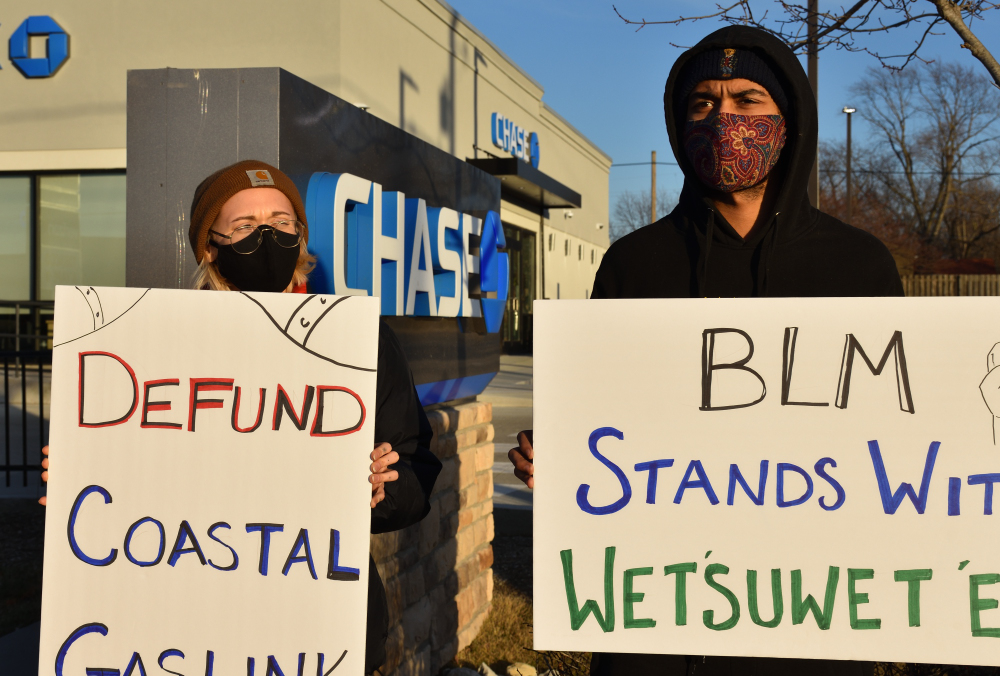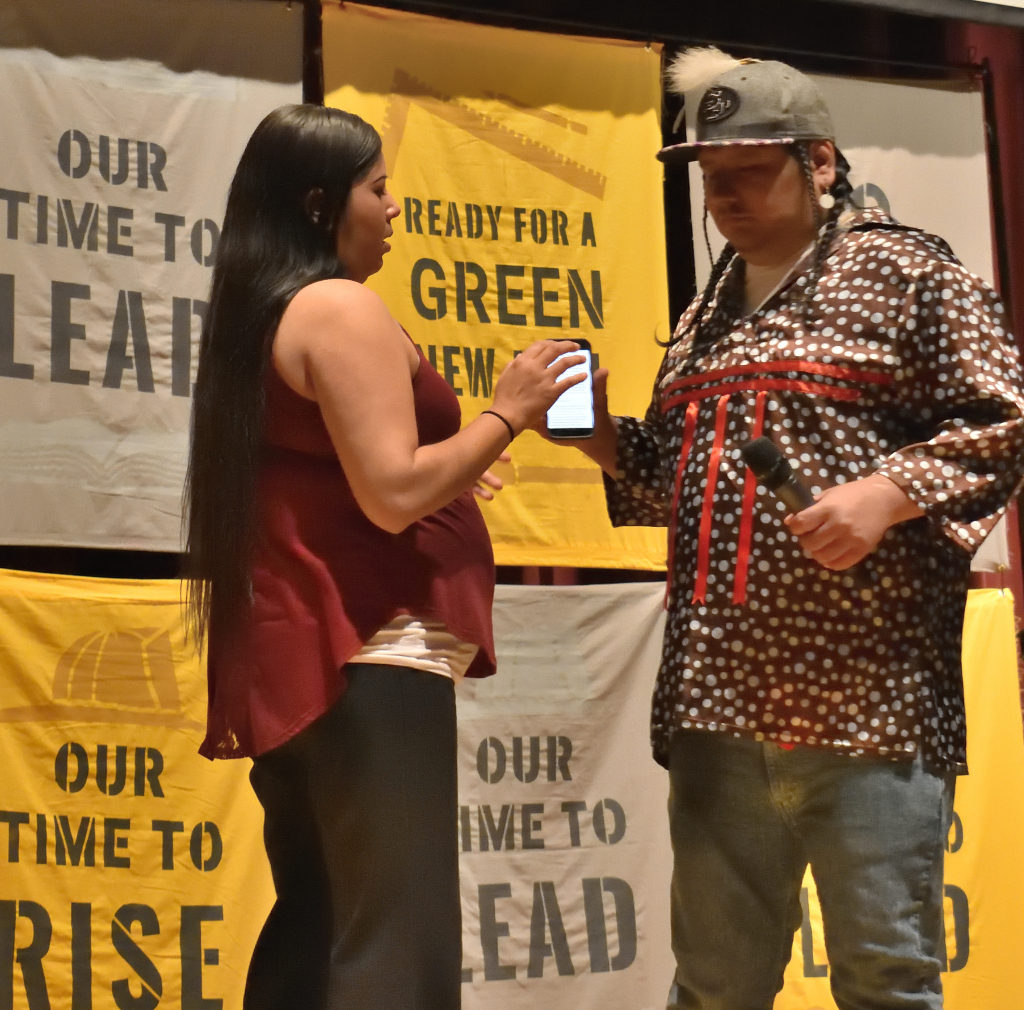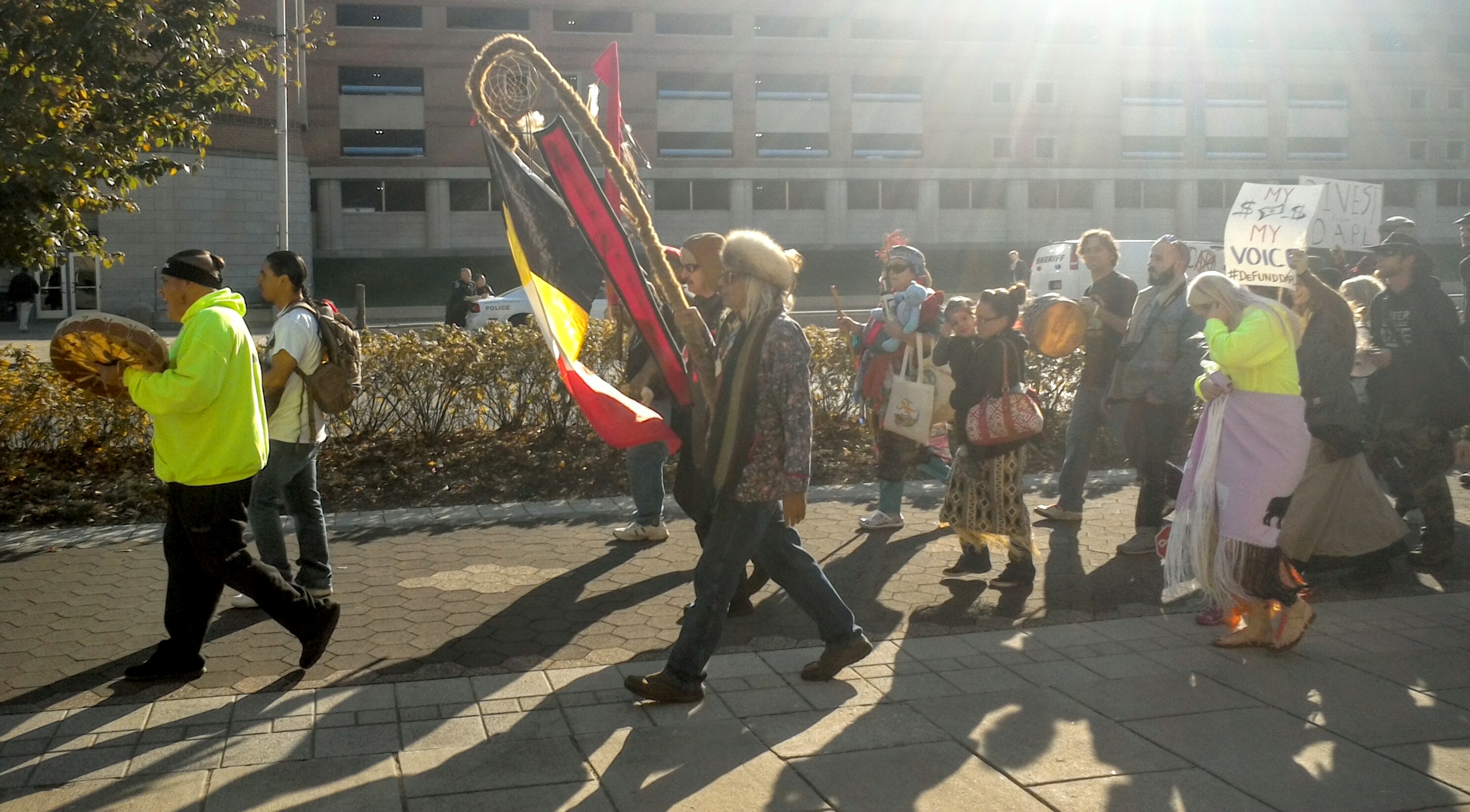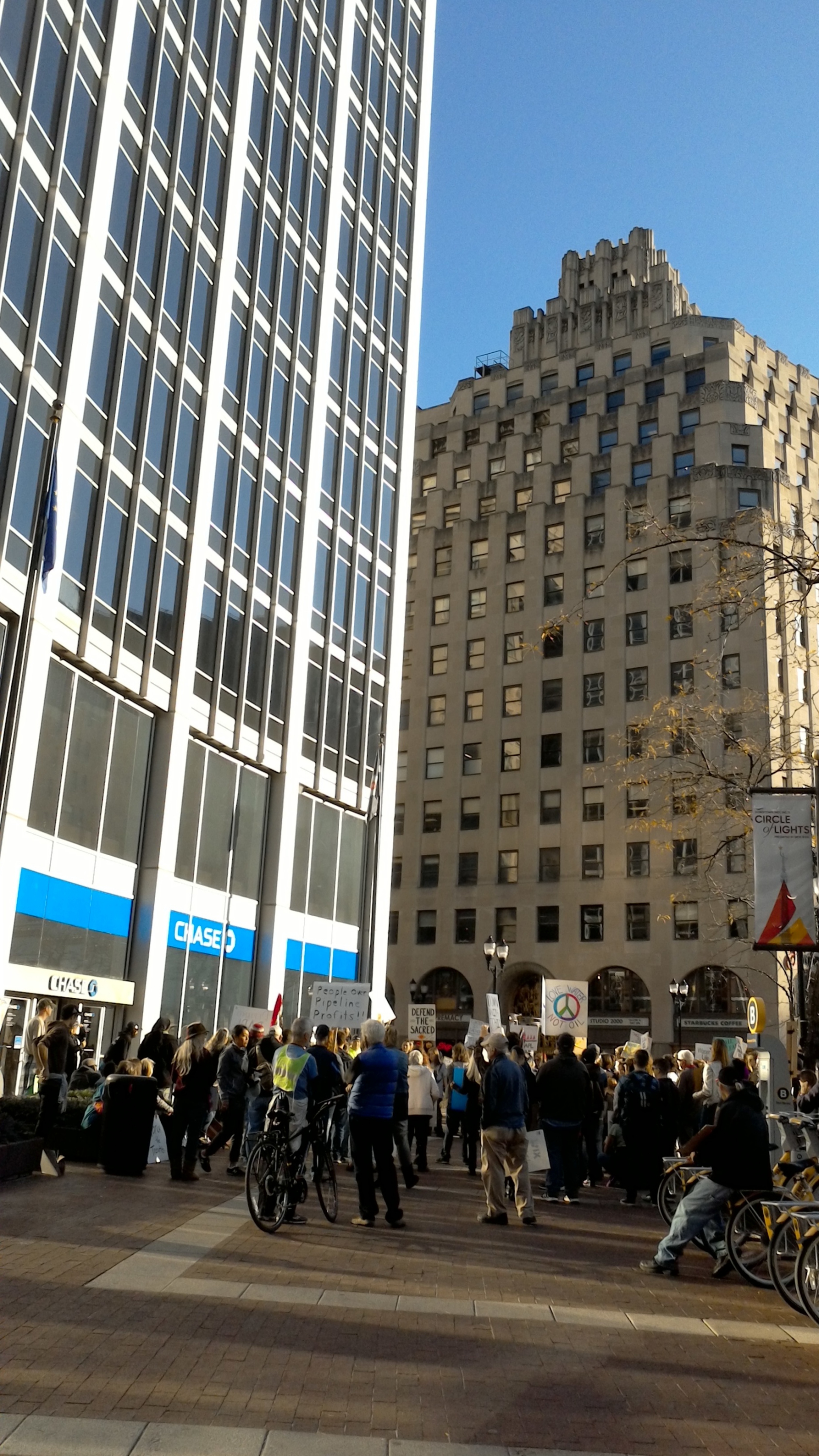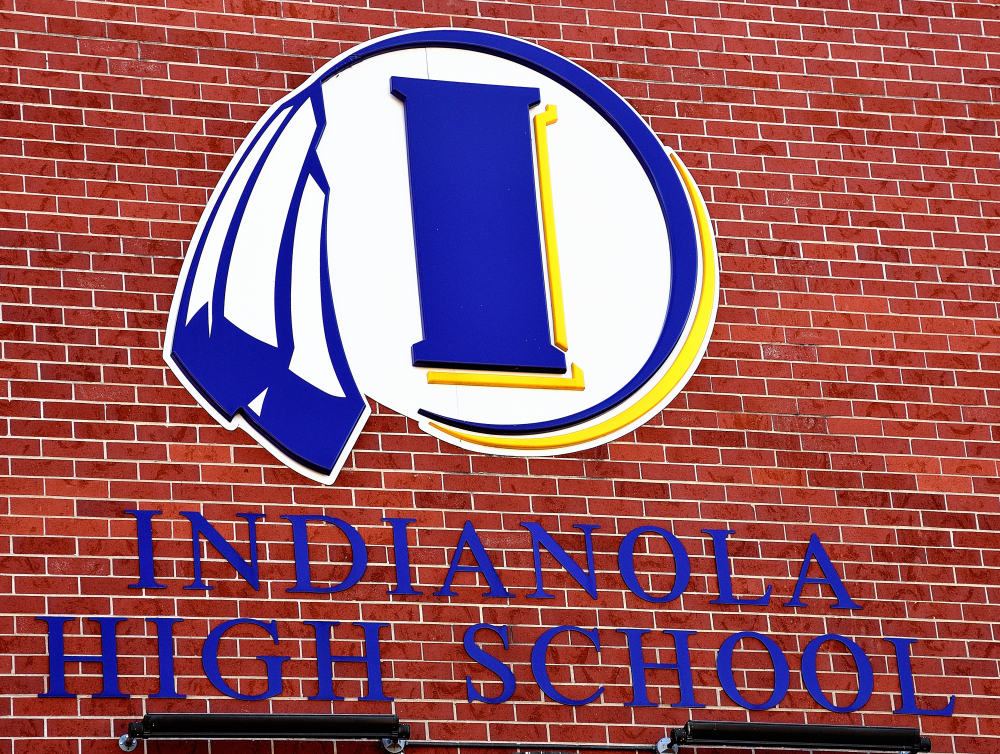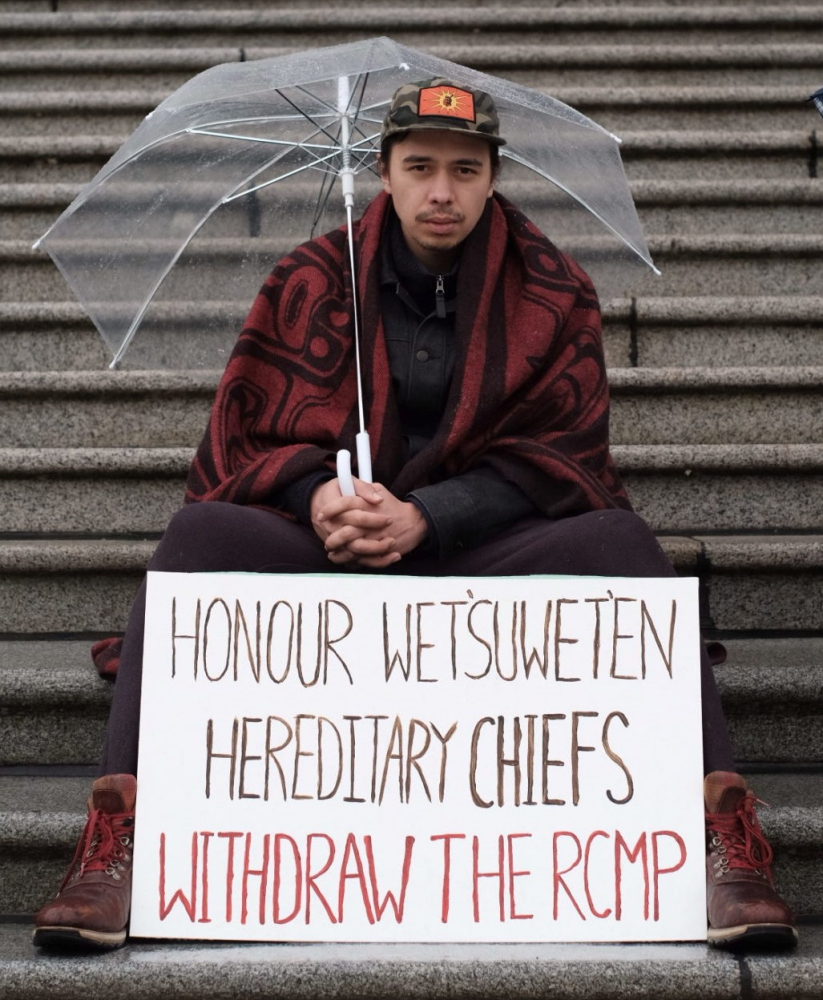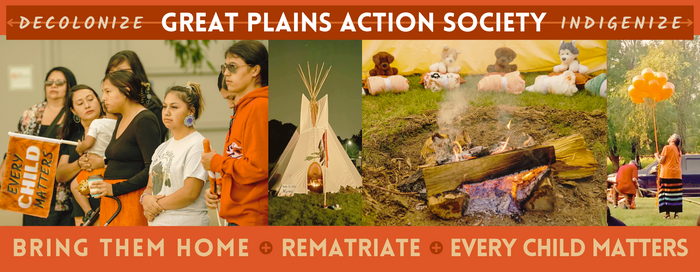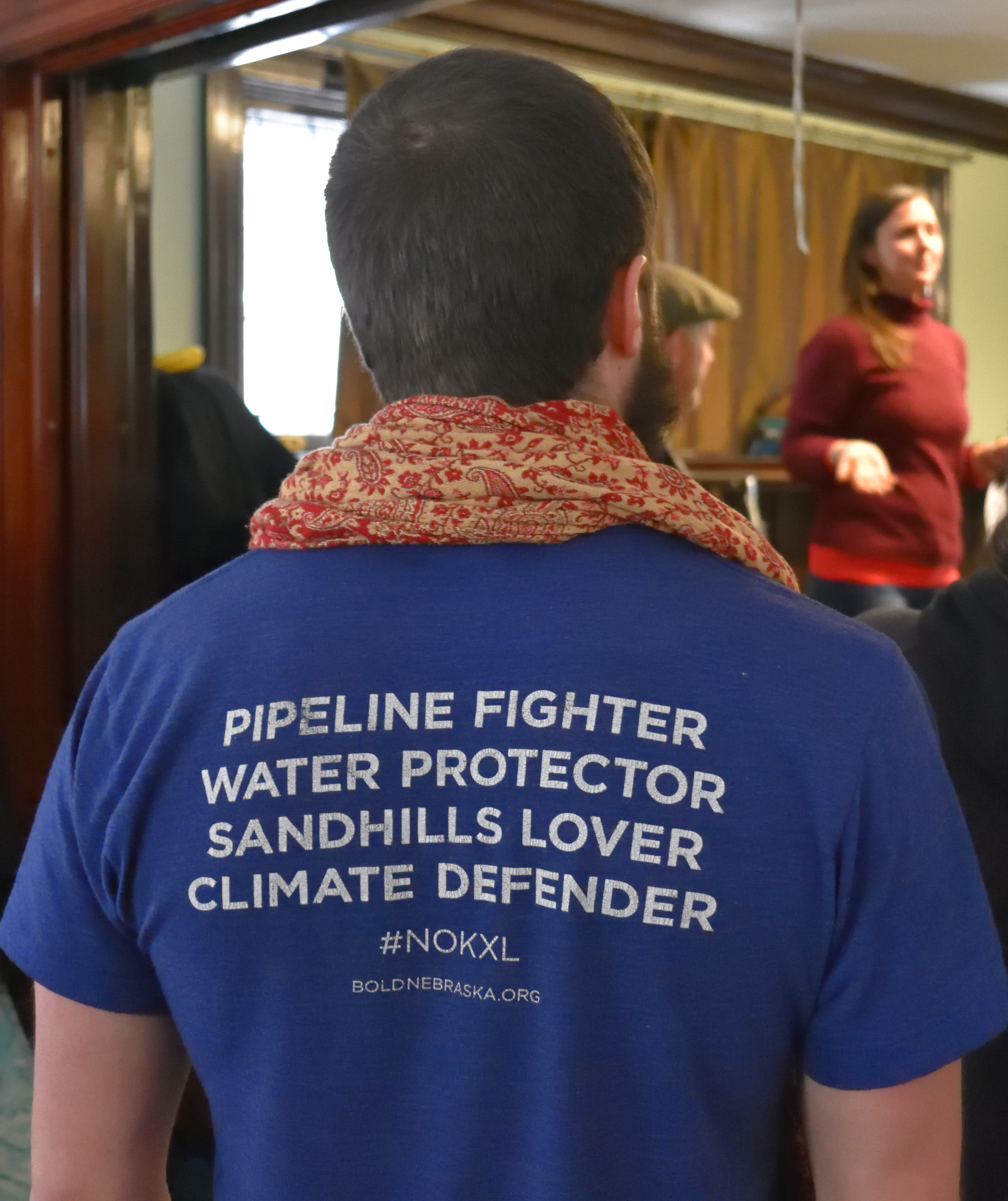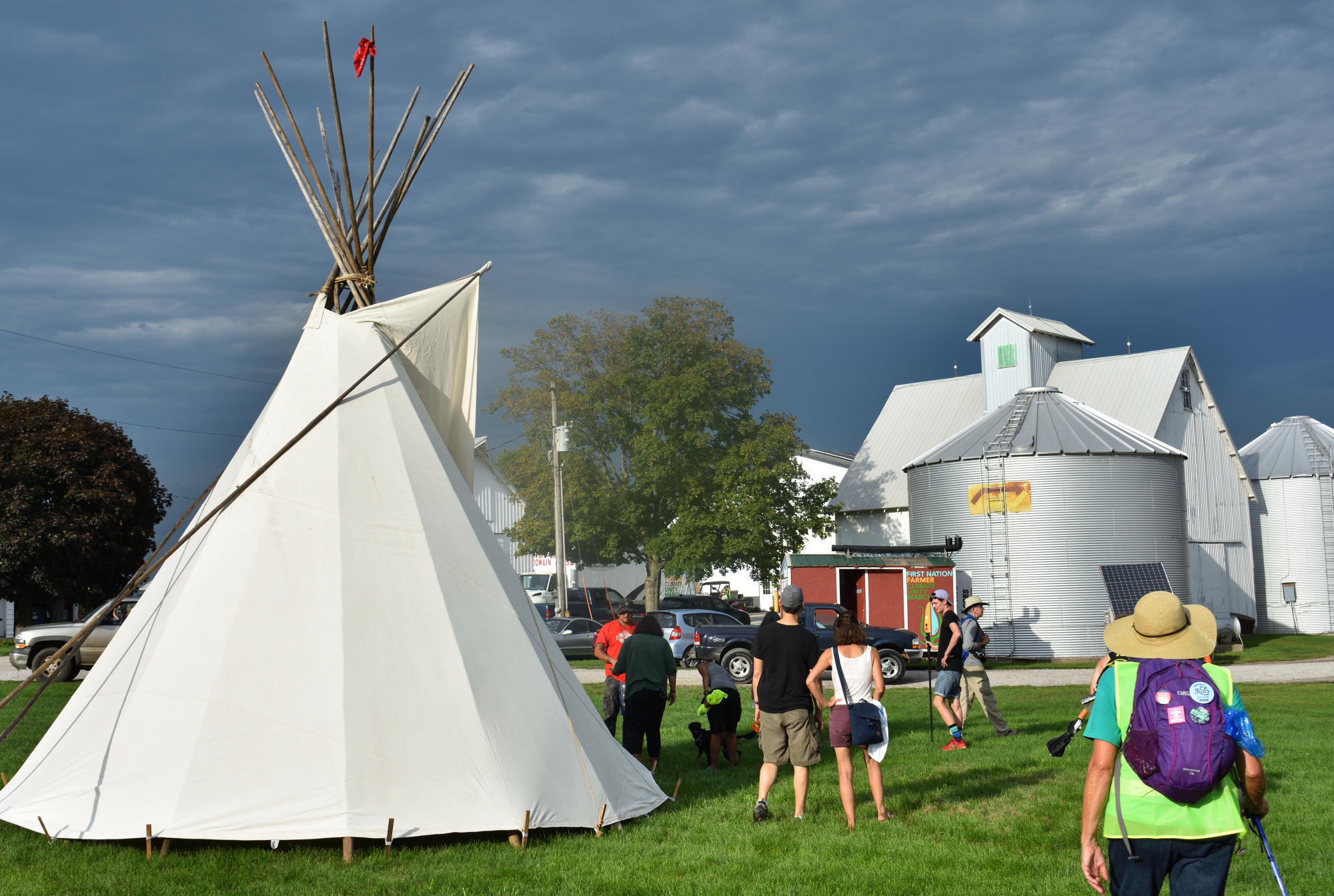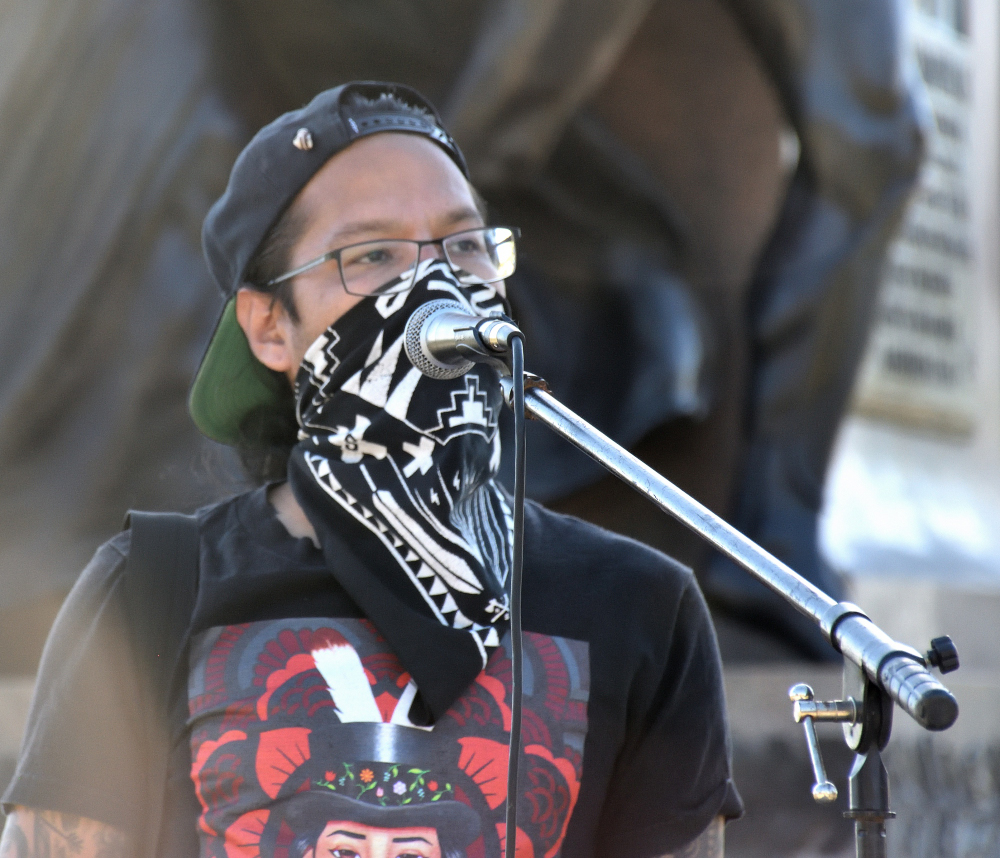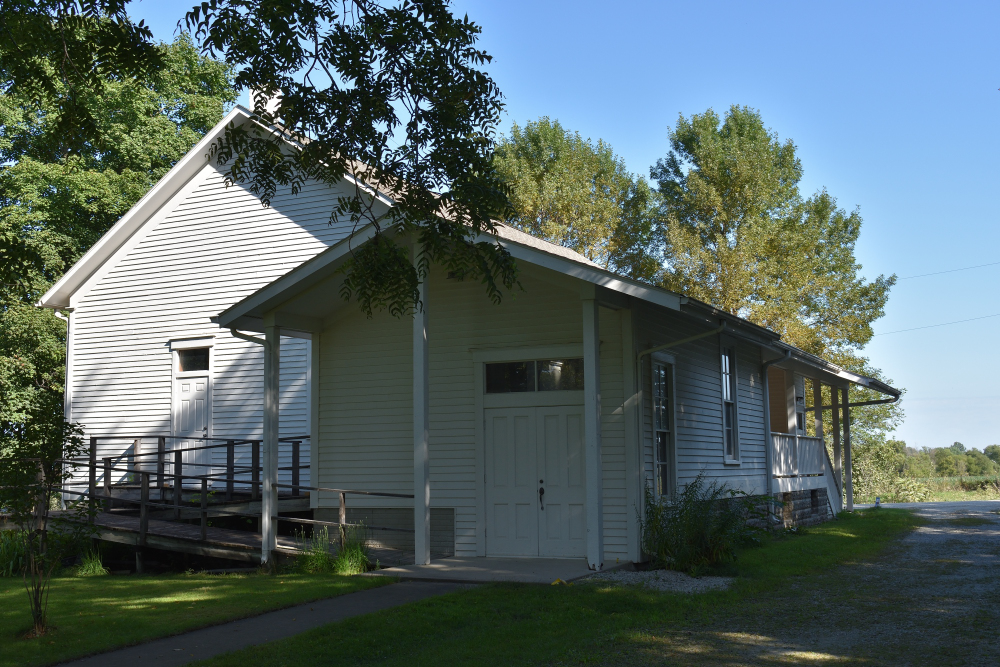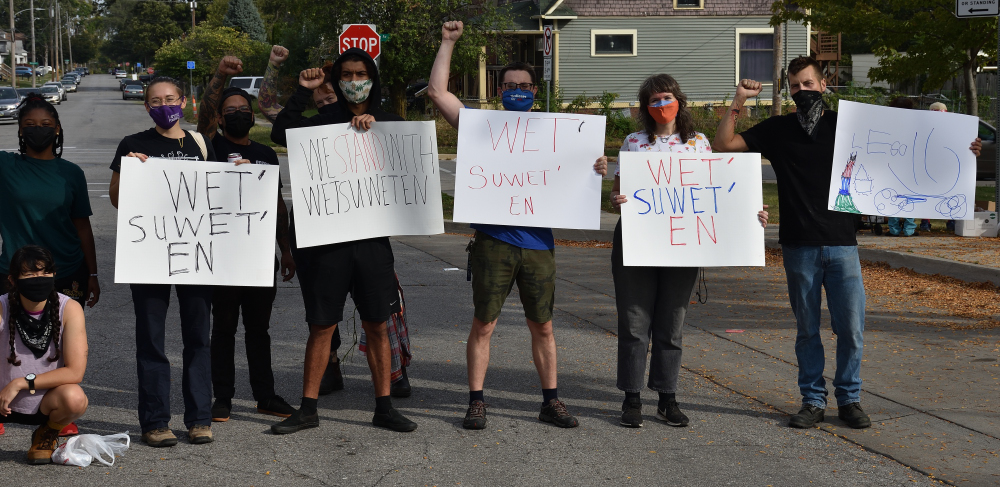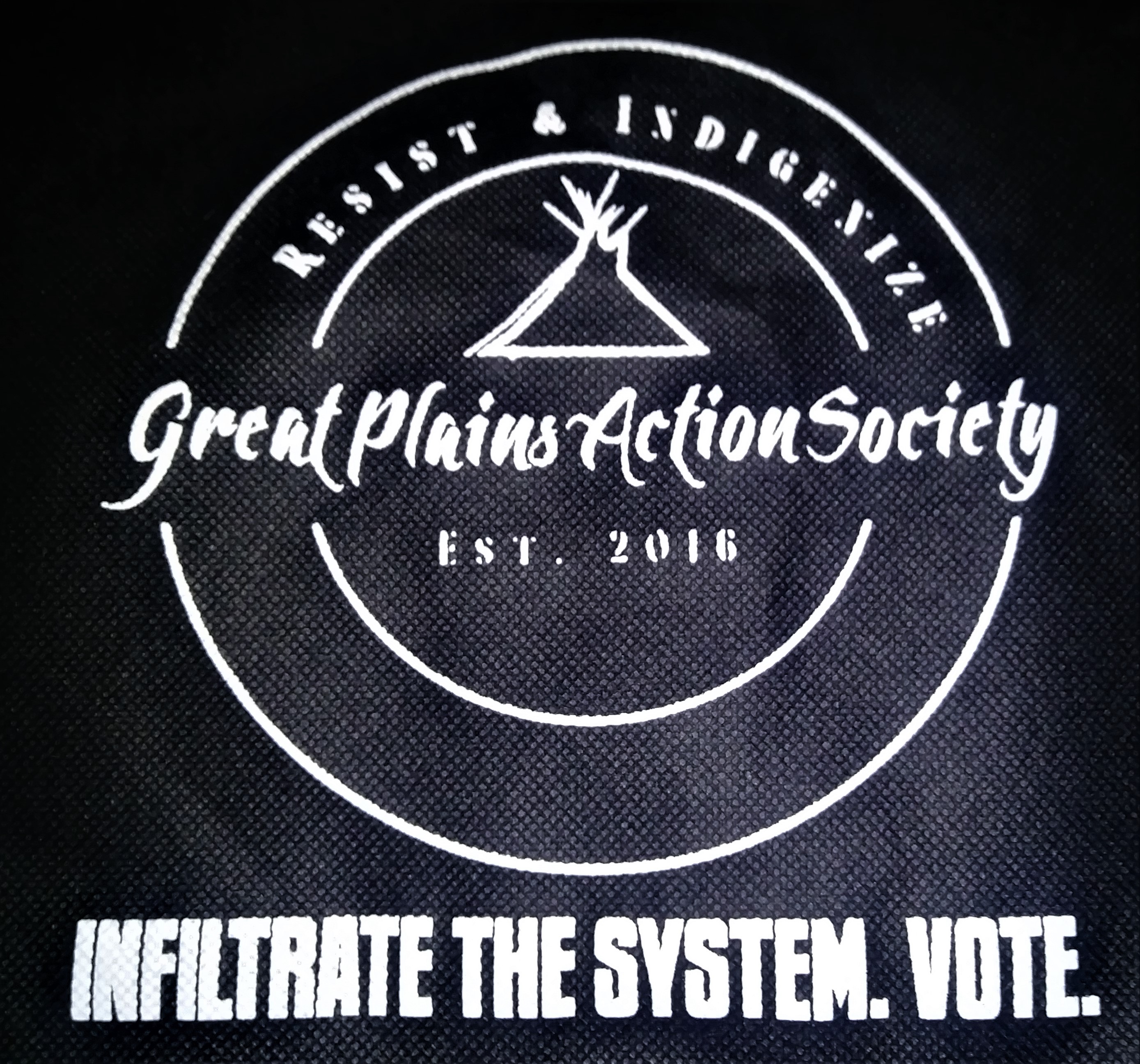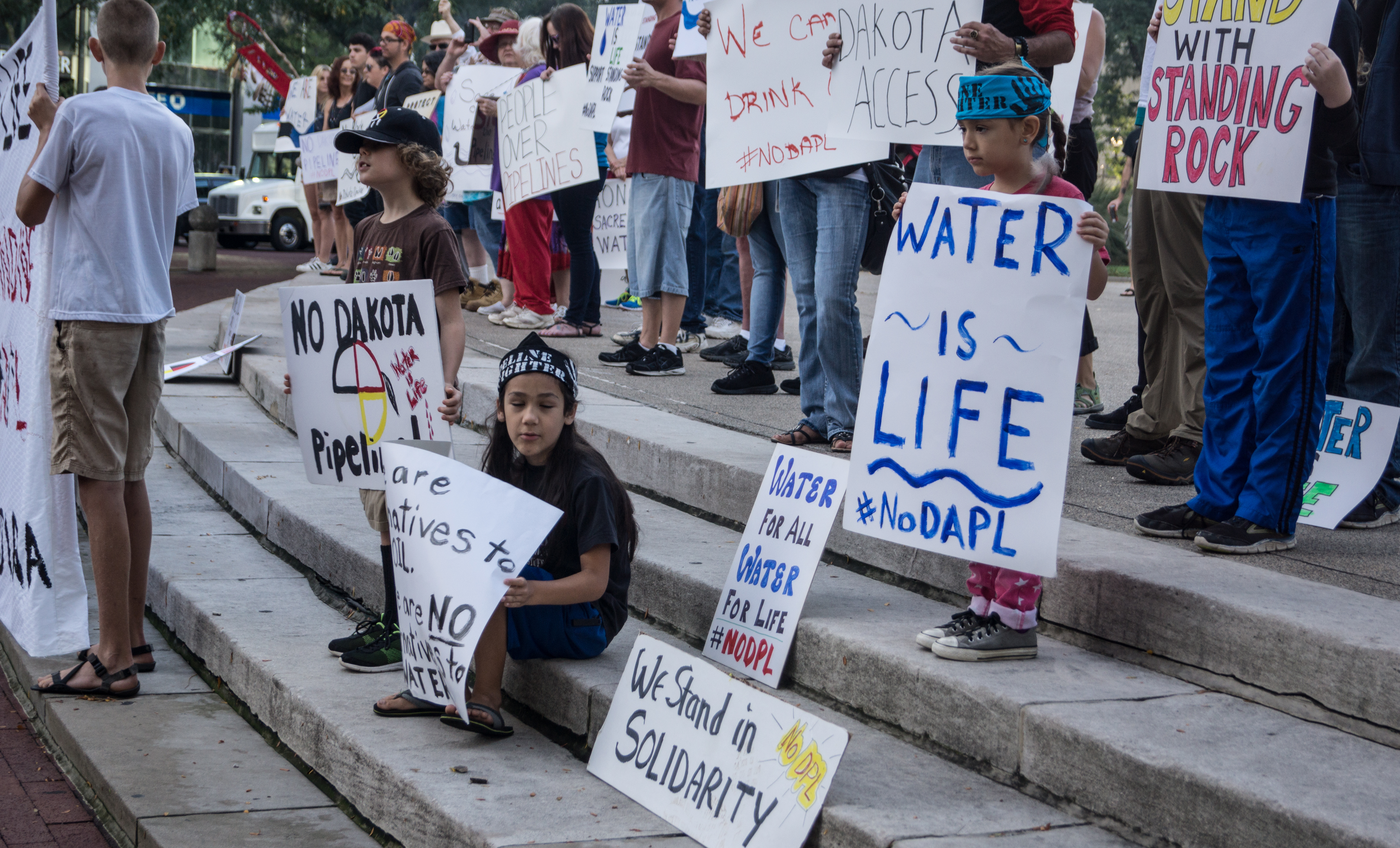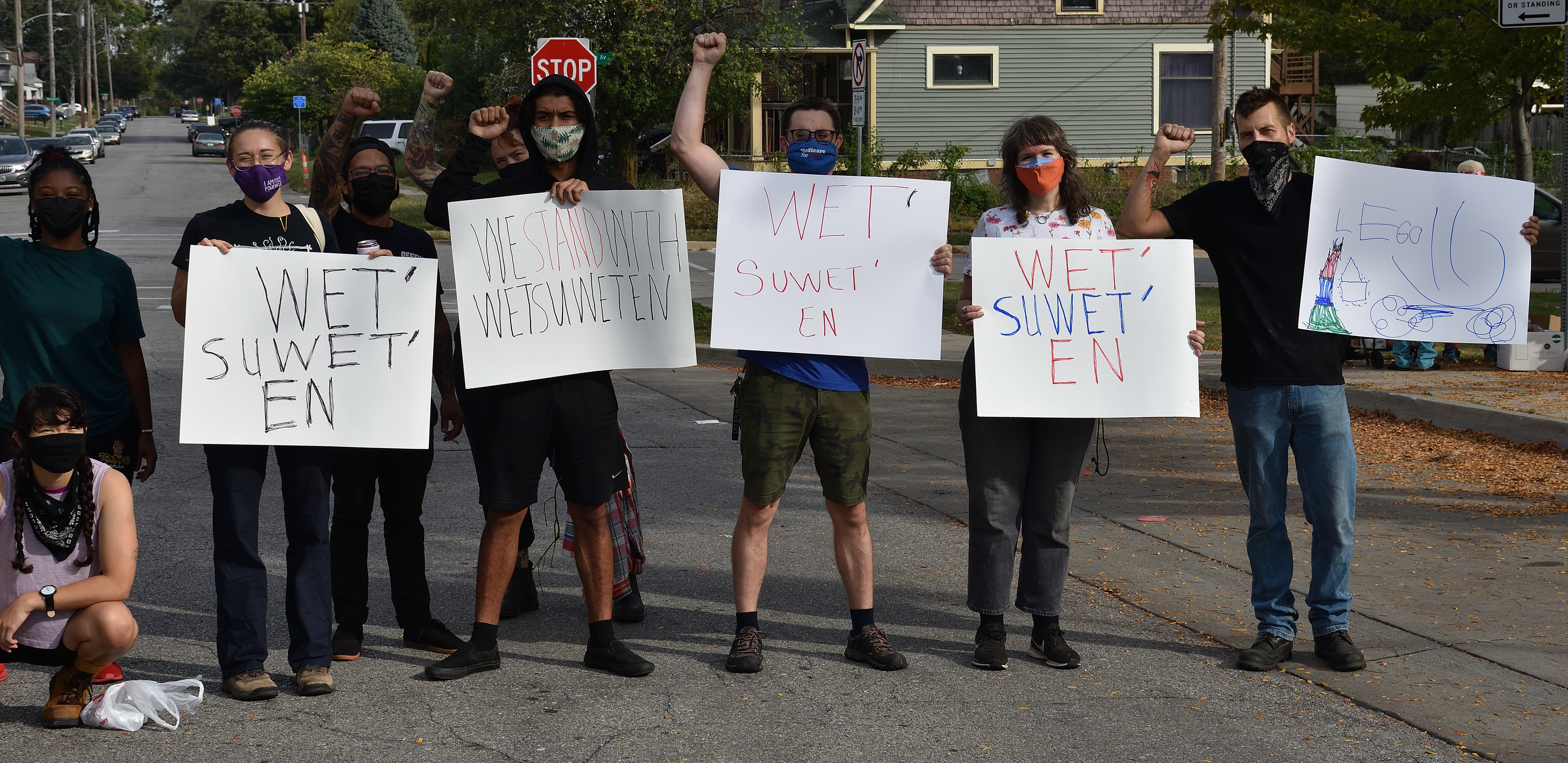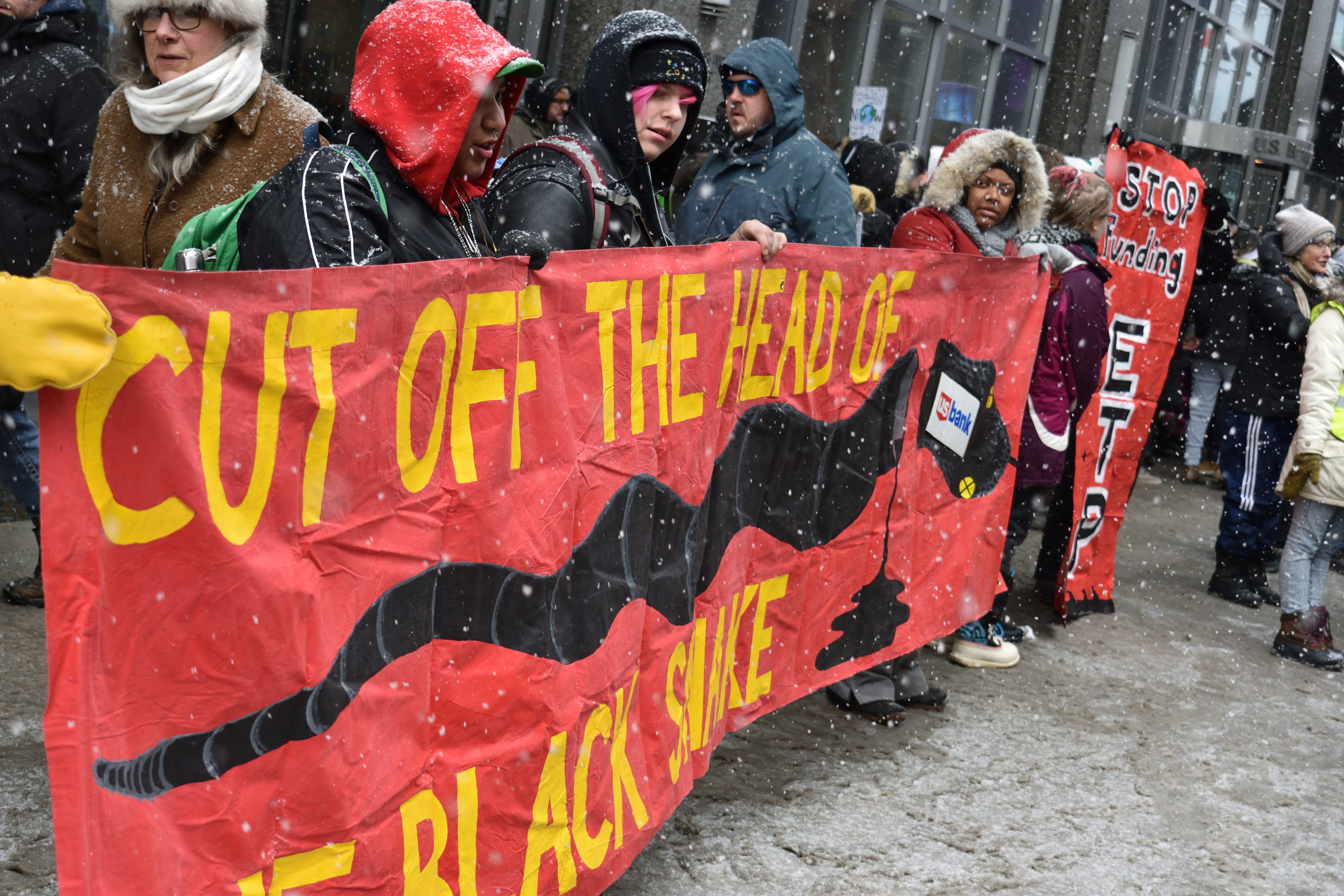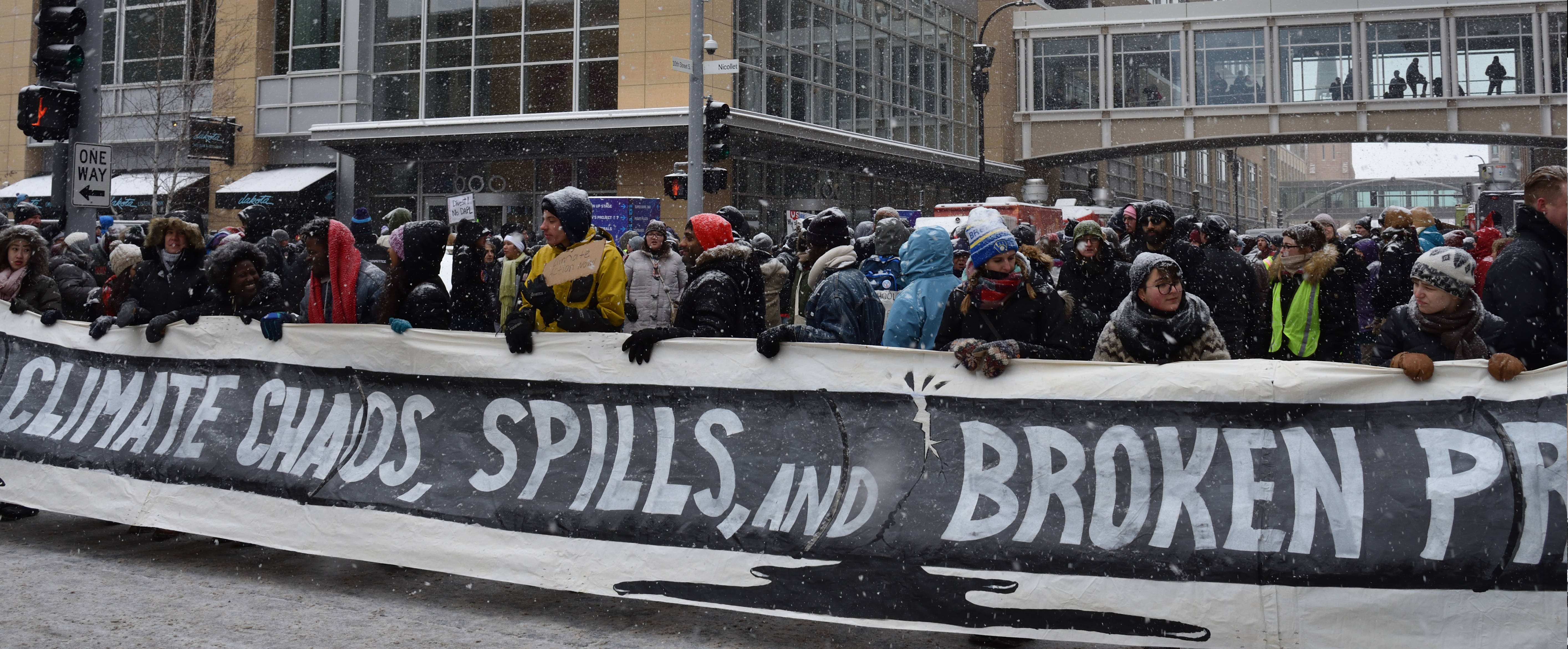Dear Friends
The measure of a community is how the needs of its people are met. No one should go hungry, or without shelter or healthcare. Yet in this country known as the United States millions struggle to survive. The capitalist economic system creates hunger, houselessness, illness that is preventable, and despair. A system that requires money for goods and services denies basic needs to anyone who does not have money. Black, Indigenous, and other people of color (BIPOC) are disproportionately affected. Systemic racism. The capitalist system that supports the white materialistic lifestyle is built on stolen land and genocide of Indigenous peoples, and the labor of those who were enslaved in the past or are forced to live on poverty wages today.
Capitalism is revealed as an unjust, untenable system, when there is plenty of food in the grocery stores, but men, women and children are going hungry, living on the streets outside. White supremacy violently enforces the will of wealthy white people on the rest of us.
It has become clear to some of us who are called Friends that the colonial capitalist economic system and white supremacy are contrary to the Spirit and we must find a better way. We conscientiously object to and resist capitalism and white supremacy.
capitalism has violated the communities of marginalized folks. capitalism is about the value of people, property and the people who own property. those who have wealth and property control the decisions that are made. the government comes second to capitalism when it comes to power.
in the name of liberation, capitalism must be reversed and dismantled. meaning that capitalistic practices must be reprogrammed with mutual aid practices.
Des Moines Black Liberation Movement
Mutual Aid
How do we resist? We rebuild our communities in ways not based on money. Such communities thrive all over the world. Indigenous peoples have always lived this way. Generations of white people once did so in this country. Mutual Aid is a framework that can help us do this today.
The concept of Mutual Aid is simple to explain but can result in transformative change. Mutual Aid involves everyone coming together to find a solution for problems we all face. This is a radical departure from “us” helping “them”. Instead, we all work together to find and implement solutions. To work together means we must be physically present with each other. Mutual Aid cannot be done by committee or donations. We build Beloved communities as we get to know each other. Build solidarity. An important part of Mutual Aid is creating these networks of people who know and trust each other. When new challenges arise, these networks are in place, ready to meet them.
Another important part of Mutual Aid is the transformation of those involved. This means both those who are providing help and those receiving it.
With Mutual Aid, people learn to live in a community where there is no vertical hierarchy. A community where everyone has a voice. A model that results in enthusiastic participation. A model that makes the vertical hierarchy required for white supremacy impossible.
Commonly there are several Mutual Aid projects in a community. The initial projects usually relate to survival needs. One might be a food giveaway. Another helping those who need shelter. Many Mutual Aid groups often have a bail fund, to support those arrested for agitating for change. And accompany those arrested when they go to court.
LANDBACK
The other component necessary to move away from colonial capitalism and white supremacy is LANDBACK or ReMatriate.
But the idea of “landback” — returning land to the stewardship of Indigenous peoples — has existed in different forms since colonial governments seized it in the first place. “Any time an Indigenous person or nation has pushed back against the oppressive state, they are exercising some form of landback,” says Nickita Longman, a community organizer from George Gordon First Nation in Saskatchewan, Canada.
The movement goes beyond the transfer of deeds to include respecting Indigenous rights, preserving languages and traditions, and ensuring food sovereignty, housing, and clean air and water. Above all, it is a rallying cry for dismantling white supremacy and the harms of capitalism.
Returning the Land. Four Indigenous leaders share insights about the growing landback movement and what it means for the planet, by Claire Elise Thompson, Grist, February 25, 2020
ReMatriate
“For Indigenous Peoples Day, I would like for folks to better understand and appreciate this movement which has been working its way into the dominant public narrative over the past few years. As a hashtag or sign at a protest, the term Land Back is straightforward. It is a demand that stolen land, sacred sites and sovereign stewardship be returned to whom it was stolen from: Indigenous peoples. It has become popular movement slang used in our ongoing efforts to fend off relentless theft and racial injustice, and a call for reparations.
Land Back is a helpful term but I prefer to use ReMatriate, as it is more inclusive of the many issues that have arisen from land theft, and better describes the Indigenous fight to defend Mother Earth. It is a call to reestablish Indigenous landscapes, bring back Indigenous traditional ecological knowledge and to give stolen power back to the feminine. In a world where unfettered patriarchal violence and greed has brought us to the precipice of a climate extinction, ReMatriation is the return of the matriarchy. This counterbalances the forces of toxic masculinity that, through Christian colonial-capitalist violence, are intent on holding all power and controlling all the life, land and resources on our Mother Earth.”
PERSPECTIVES: Why “ReMatriate” is a more inclusive term for returning land to Indigenous peoples by Sikowis Nobiss, reckon, Oct 3, 2023
What will Friends do?
It matters little what people say they believe when their actions are inconsistent with their words. Thus, we Friends may say there should not be hunger and poverty, but as long as Friends continue to collaborate in a system that leaves many without basic necessities and violently enforces white supremacy, our example will fail to speak to mankind.
Let our lives speak for our convictions. Let our lives show that we oppose the capitalist system and white supremacy, and the damages that result. We can engage in efforts, such as Mutual Aid, LANDBACK, and ReMatriate to build Beloved community. To reach out to our neighbors to join us.
We must begin by changing our own lives if we hope to make a real testimony for peace and justice.










